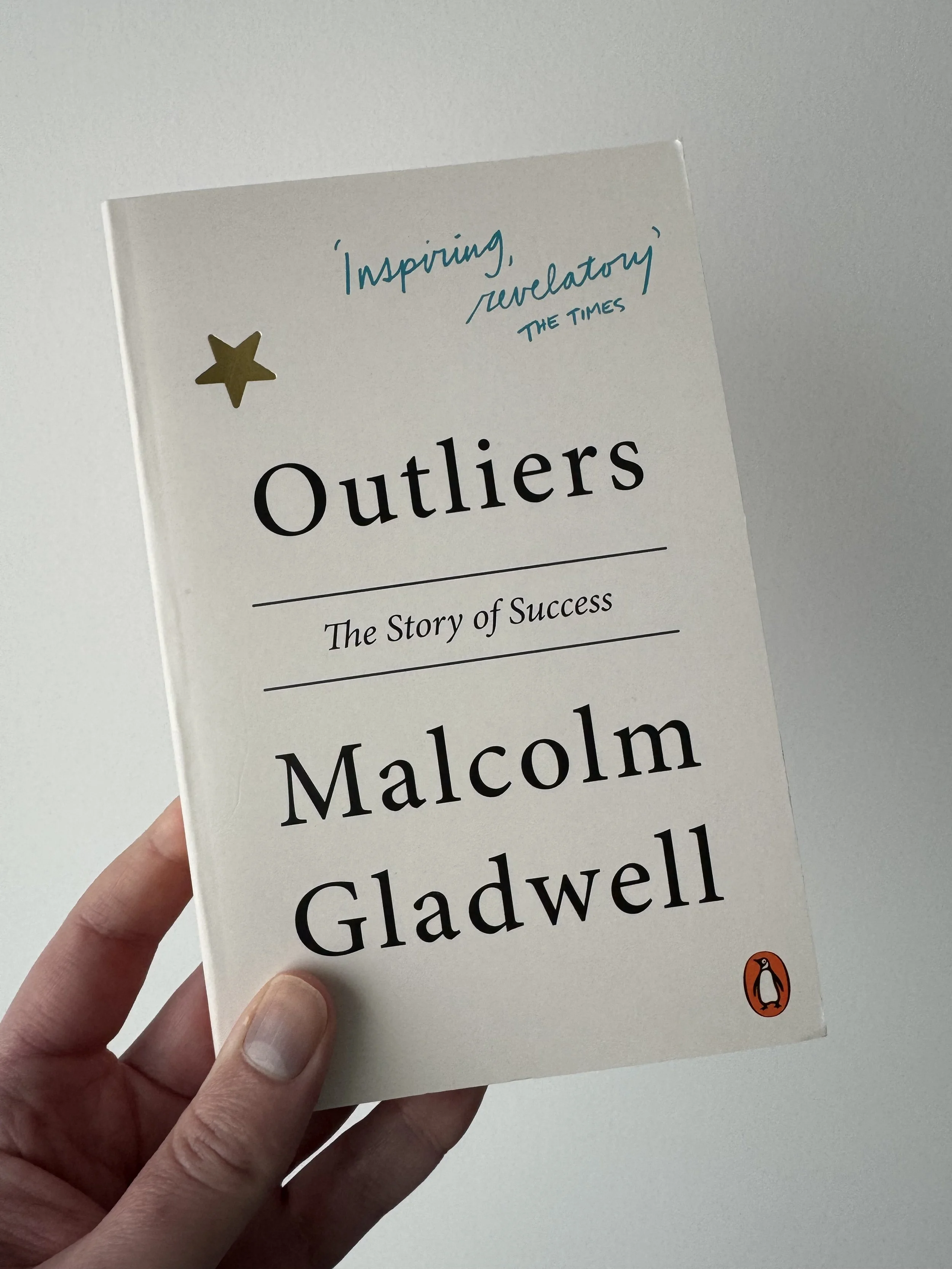Outliers
The Story of Success
Malcolm Gladwell
Malcolm Gladwell’s Outliers reframes how we traditionally think about exceptional achievement. Instead of attributing success to raw talent alone, Gladwell digs deeper, examining how context, culture and opportunity create the conditions for greatness. His storytelling brings clarity and engagement, drawing on vivid case studies: Bill Gates’s early access to computers, the Beatles logging their 10,000 hours of practice in Hamburg, and the shockingly high IQ of Christopher Langan, contrasted with what is for many, an uninspiring outcome.
Central to the book is the famous “10,000‑Hour Rule”. Mastery, argues Gladwell, is less about natural ability and more about the right kind of deliberate practice over time. Yet it’s his exploration of hidden advantages that I believe resonates deeply for educators and leaders. The chapters on cultural legacies such as deference in cockpit hierarchies leading to certain airplane crashes, offer powerful reminders that success (and failure) is often predetermined by factors outside individual control.
While I have seen that some critics argue that Gladwell sometimes overextends his evidence, favouring narrative flow over rigorous causation, his skill lies in making abstract concepts memorable and discussion-worthy. Ultimately, the message is: opportunity matters, and choices shape outcomes.
For teachers, pre‑service educators and support staff however, Outliers offers more than a collection of intriguing stories. It prompts reflective conversations about access, equity and how we structure practice. For organisational leaders, it challenges the myth of the lone genius and encourages us to design systems that nurture talent across all stages.
This is the sort of rich yet accessible discussion you’d hear in a staffroom or on a leadership podcast; professional but personable, reflective but forward‑thinking. It celebrates Gladwell’s achievement in blending journalism and insight, and gently nudges readers to ask: how might we shift the narrative from individual brilliance to collective possibility?
